My first thoughts are driven to the forbidden territory of questioning what queerness is. Not being hetero? Not believing in labels? Not living by a binary? Refusing to submit? Yes. All of the above. Still, I feel my neurons burning with the idea of deconstructing my own queerness, which is forever unsure, forever unresolved.
Thinking of queerness connects to what I call queerlessness—a path to understanding my reality based on my prior existence in the non-queer world. Contrasting the queer in me to a “moi” who doesn’t have that identity leads me to grasp the parts of myself that remain queerless.
Surprisingly, the words that come to me most naturally are English. Maybe the French that was sung to me while I swam in my mother’s womb feels too much like a dreadful sting, a cruel reminder of the innocence I lost at home. Maybe I’m not ready to emerge in my native tongue, not mature enough to live freely on this page. Or, maybe I can’t find the words because I spend my days and nights living them, breathing them, and loving through them.
Recognizing
“What is Queer?” a hetero cis woman friend of mine asked a few years back, to which I responded provocatively, “Who is Queer?”
To me, queerness relates to the complex web of identities that meet under an abstract umbrella, within the spectrum of how we choose to describe ourselves. The unfixed nature of the word “queer,” and its implied way of being, reminds me not to let go of who I think I am. Moving, changing, evolving in my own skin, with my own feelings, loves, hurts, and despairs. Queerness cannot be reduced to an identity: it lives in the choices we make, in the people we befriend, in the words we say, and in those we dare not utter.
Embracing
In that sense, queerness became more than an umbrella, and rather a means to an end. It became an immense veil between me and the rest of the world. From one day to the next, it offered the possibility of navigating the world differently. It entailed wearing new colours that were laden with meaning and impossible to miss when displayed proudly.
To be queer became rainbow-like. But rainbows, as we know, exist thanks to sun and rain. My pride was made with love and tears. An infinite flow of feelings emerged with the birth of my queer self.
Rainbows exist thanks to sun and rain. My pride was made with love and tears.
Queerness also became a shield. Non-queer others seemed momentarily so foreign that I stopped understanding them, as if the only right way of seeing things was one of a self-proclaimed openness.
Later, being queer became less easy. It entailed a different set of rules that still felt like rules. I had to fit in again. After proving myself to be a good queer, I felt expected to choose a side, to express, if I dare, as a queer bigot.
Rejecting
Then, queerness felt like a gilded cage. No one but me had built the bars. No one else was really able to see them. I constructed elaborate versions of myself. I could not reconcile my entire being with my newfound queerness.
At that point, questioning my queerness stayed at the forefront of my mind.
Like an obsession, it transformed from a living possibility to a theoretical concept. It spoke to my core in a loud but sometimes painful voice, echoing “You don’t belong here”. It meant not fitting into a box. It meant escaping reality through dreams.
At first, queerness was a door to a world I knew nothing about. It signified nothing, as much as everything. The unknown was suddenly revealed by a flicker of hope. I had been waiting to be recognized by others, but most of all, by myself. In that realization, my understanding of queerness transformed and slipped quietly to the back of my mind. I finally accepted that my reality is mine alone.
Accepting
Today, I see queerness as a word to be used with the knowledge of our past, never ignoring the whole of who we are, including those secret parts—the sinful dreams and the sentimental hopes—that we cherish in dark and lonely moments.
Queerness, once more, seems unique, diverse, colourful, and inherently political. While we can face disapproval, cursing, marginalization, and violence, when openly queer, we can still rise from our sorrows and pain.
You, us, they, our queerness and their queerlessness together form the reality of our shared humanity. As a collective, it is urgent that we recalculate what matters most, where we are, what we need and whom we need it from.
It is our duty to speak up, to listen kindly to one another’s stories, to be prouder than ever before for those who can’t express their pride. Maybe through our actions they can feel the warmth of our everlasting queerness.



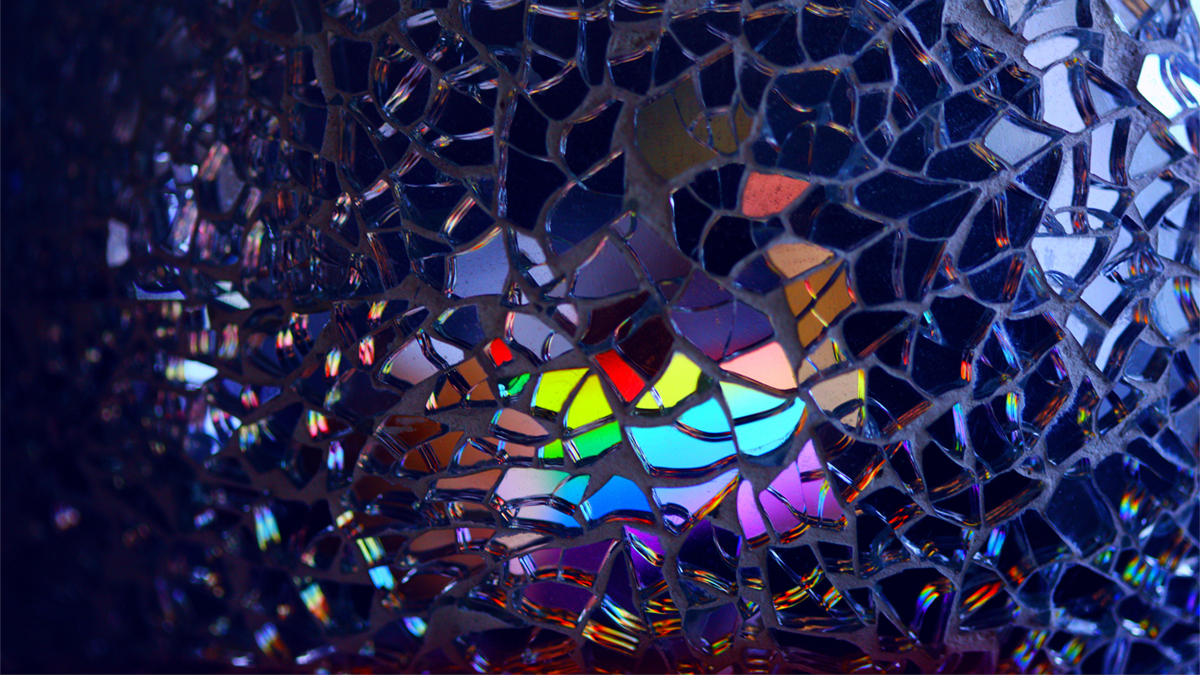


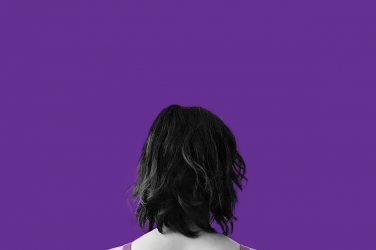
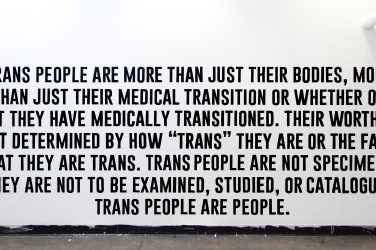
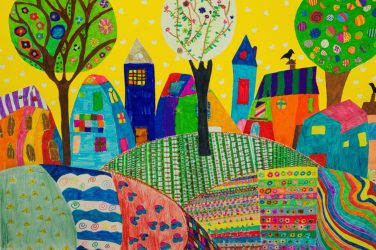
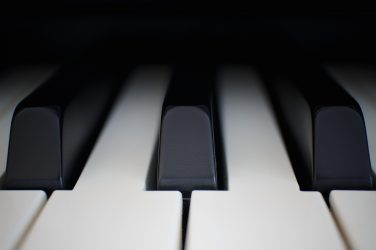
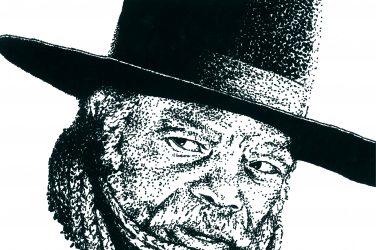
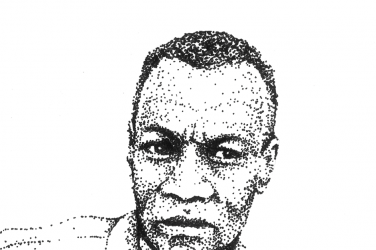
Show Comments (0)